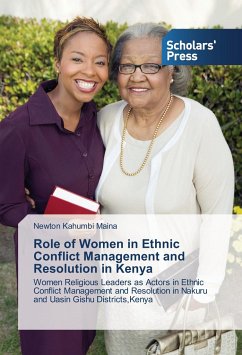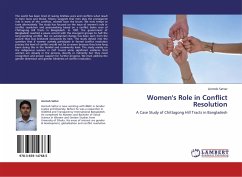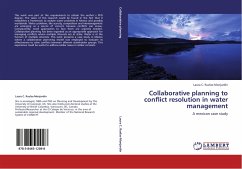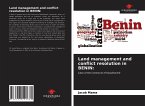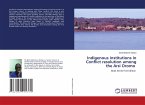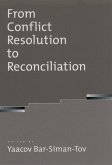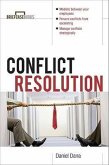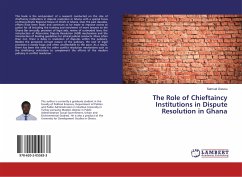This book investigates the role of women religious leaders in ethnic conflict management and resolution in Nakuru and Uasin Gishu districts, Kenya. The book is based on the general premise that in all conflict related situations women bear the greatest brunt of the violence.The book shows that during the ethnic clashes, women are the main victims but they are underrepresented or hardly represented in peace meetings and in the various structures of peace making processes and peace building. Where they are included, the number of women is miserably minimal or negligible. The book has demonstrated that religion can be integrated with gender dimension in peace building, conflict prevention and management. This is underscored by the significant roles of women in peace building which are evident from the work of Rural Women Peace Link, a network of women groups that was geared to peace building in the areas that suffered the effects of ethnic clashes and other violent related conflictssuch as cattle rustling.
Bitte wählen Sie Ihr Anliegen aus.
Rechnungen
Retourenschein anfordern
Bestellstatus
Storno

